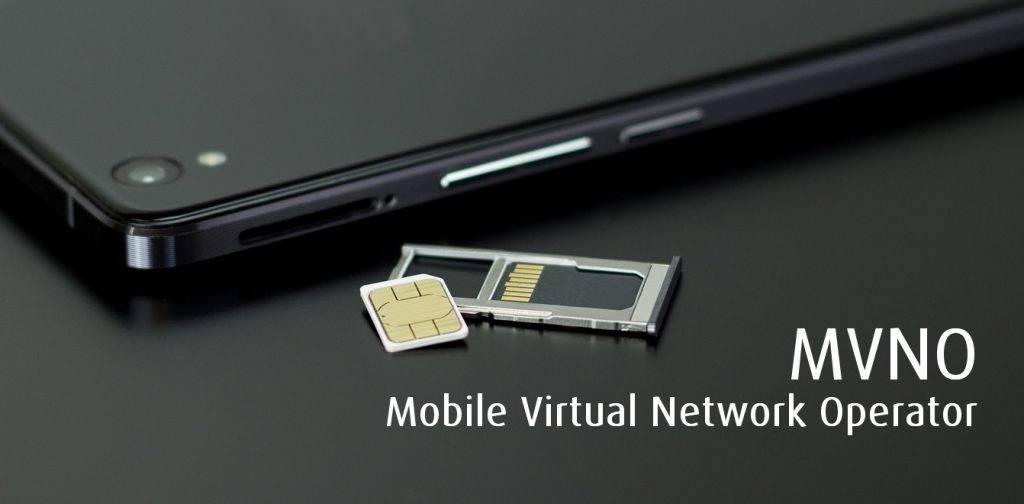What is VoIP and its Key Benefits
VoIP stands for Voice over Internet Protocol, which is a technology that allows voice communication over the internet. Unlike traditional telephone systems that transmit voice signals over dedicated copper lines, VoIP converts voice signals into digital packets and transmits them over IP networks, such as the internet or private IP networks.
With VoIP, voice calls are broken down into data packets, which are then transmitted across the network using the Internet Protocol (IP). These packets are reassembled at the receiving end to recreate the voice conversation. This digital transmission of voice signals offers several advantages over traditional phone systems.

Here are some key features and benefits of VoIP
Cost Savings
VoIP calls are typically more cost-effective than traditional phone calls, especially for long-distance or international calls. Since VoIP uses the internet for transmission, it bypasses traditional phone networks, reducing the need for separate voice and data lines.
Scalability
VoIP systems are highly scalable, allowing businesses to easily add or remove users as needed. With VoIP, there is no need for physical phone lines or additional hardware for each user. It offers flexibility for businesses to scale their communication infrastructure as their needs change.
Advanced Features
VoIP offers a wide range of advanced features that enhance communication and collaboration. These features include call forwarding, call waiting, voicemail, conference calling, auto-attendant, virtual phone numbers, and more. VoIP systems can integrate with other communication tools and applications, such as email, instant messaging, and video conferencing.
Mobility and Remote Work
VoIP enables mobility and remote work capabilities. Users can access their VoIP services from any location with an internet connection, allowing for flexible work arrangements. Calls can be forwarded to mobile devices or softphones installed on computers or mobile devices, ensuring seamless communication regardless of physical location.
Integration with Existing Infrastructure
VoIP systems can integrate with existing IT infrastructure and applications, such as customer relationship management (CRM) systems, help desk software, and collaboration platforms. This integration enables streamlined workflows and improved productivity by linking communication with other business processes.
Enhanced Call Quality
With advancements in internet technology, the call quality of VoIP has significantly improved over the years. High-speed internet connections and Quality of Service (QoS) mechanisms prioritize voice traffic, reducing latency, jitter, and packet loss, resulting in clear and reliable voice calls.
Flexibility of Phone Numbers
VoIP allows for flexibility in phone numbers. Users can choose virtual phone numbers with area codes from different regions, even if they are physically located elsewhere. This feature is useful for businesses with a global presence or those targeting specific geographic markets.
Centralized Management
VoIP systems provide centralized management and administration. System administrators can easily configure and manage user accounts, call routing rules, and other settings from a central interface. This simplifies maintenance and reduces the need for on-site technicians.

Overall, VoIP offers a cost-effective, flexible, and feature-rich communication solution for businesses of all sizes. It revolutionizes the way voice communication is conducted by leveraging the power of the internet to provide efficient and scalable voice services.
VoIP Relevant Articles:
- Cost Savings (Click to find out)
- Scalability and Flexibility (Click to find out)
- Advanced Features and Integration (Click to find out)
- Mobility and Remote Work (Click to find out)
- Improved Collaboration and Productivity (Click to find out)
- What’s VoIP and its Key Benefits (Click to find out)
- Bandwidth and Internet Connection (Click to find out)
- Quality of Service (QoS) (Click to find out)
- Network Security (Click to find out)
- Infrastructure Evaluation (Click to find out)
- Existing Phone System Assessment (Click to find out)
- Hardware and Equipment Compatibility (Click to find out)
- Power and Backup Solutions (Click to find out)
- Upgrading Your Business to VoIP Services (Click to find out)
- VoIP Systems (Click to find out)
By Abdul W Moghul
 MVNO MVNE MNO Mobile & Telecoms industry intelligence Telecoms Jobs, News and Business
MVNO MVNE MNO Mobile & Telecoms industry intelligence Telecoms Jobs, News and Business






